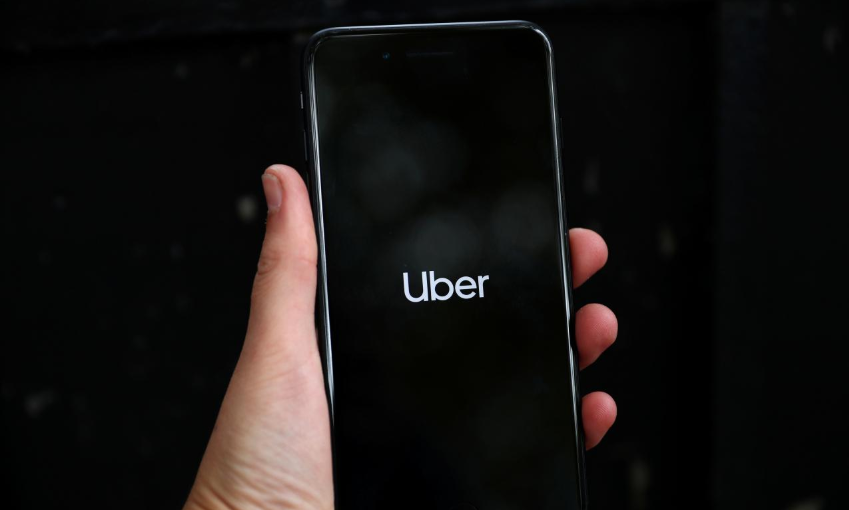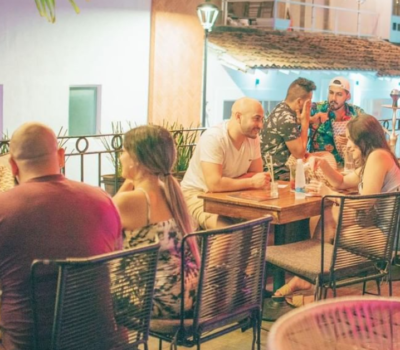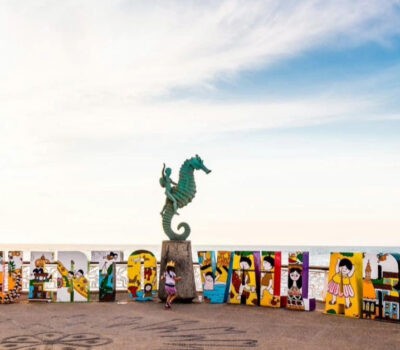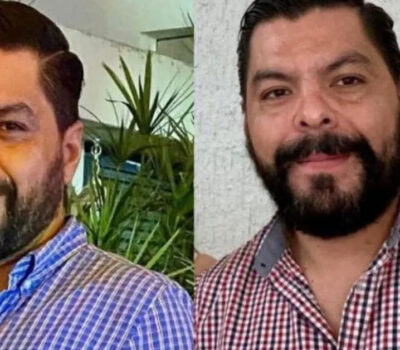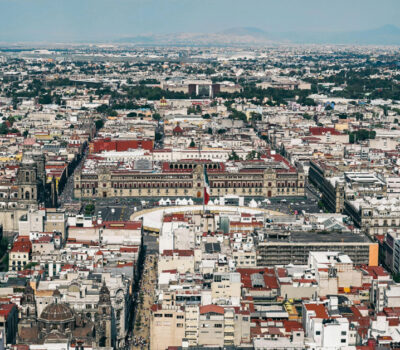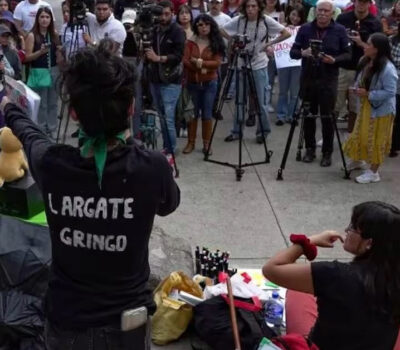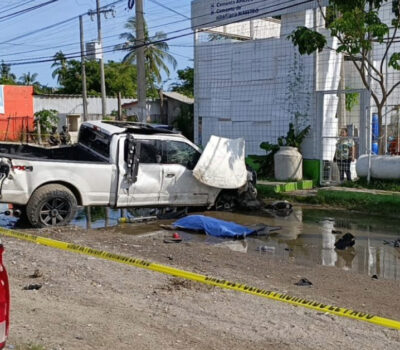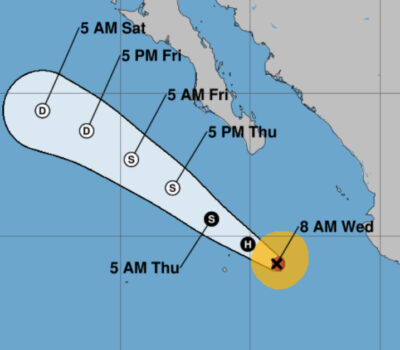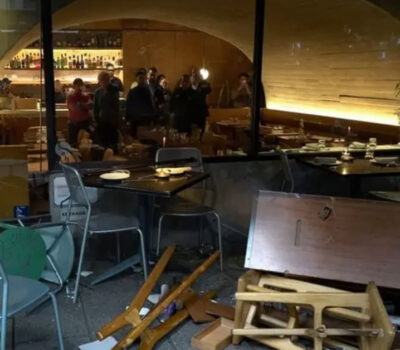The Mexican Supreme Court on Tuesday struck down a ban on cash fares for ride-hailing firms, setting a key precedent for Uber and other industry players seeking to reach millions of Mexicans without credit cards.
By a vote of 8-3, the court ruled that a ban on cash fares in the small western state of Colima was unconstitutional. Uber does not currently operate in the state.
The ride-hailing firm has fought for the ability to accept cash fares in Mexico, despite concerns that the practice risks making drivers targets for robberies. But in a country where more than 60 percent of the population lacks a bank account, cash fares are a business imperative for Uber, analysts have said.
As it prepares for a planned initial public offering next year, it will be important for Uber to maintain its lead in Mexico and other Latin American markets it dominates.
“We are celebrating this resolution,” said Sergio Romero, the company’s legal director in Mexico. “Our operation, and all the people that now are deciding to pay for their trips in cash, are now protected by the Supreme Court.”
Rival ride-hailing service Cabify also applauded the decision, saying in a statement that it would democratize access for consumers without bank accounts.
Uber operates in 43 cities in Mexico, accepting cash everywhere but the capital and the central state of Puebla, where local governments have blocked that form of payment.
Romero said Uber would not rule out the possibility of legal challenges against those bans following the Supreme Court decision but would seek to work with local governments first.
More than 50 percent of Uber’s trips in Mexico are paid for in cash, Romero said.
Uber argued that the Colima mobility law, passed last year, discriminated against users who do not have bank accounts and overstepped the state’s bounds as the use of cash is governed by the federal government.
Transportation is regulated by states in Mexico, and a complicated patchwork of ride-hailing regulation has emerged since Uber’s arrival in 2013. For example, while cash fares are banned in Mexico City, they are permitted as soon as drivers cross into the surrounding state of Mexico.
“I think it is a step in the right direction (for ride-hailing companies) to see a higher court take a stand and set the rules of the game,” said Edgardo Rivera, a former country manager of Cabify who is now co-chief executive of Bancompara, a loan comparison start-up.
The case before the Supreme Court was brought by Colima lawmakers who objected to the regulation.
The Supreme Court found last year in a separate case that bans on cash fares were unconstitutional, but fell short of the majority needed to set a precedent.
Ruling on another aspect of the regulation, the Supreme Court rejected a cap on the number of ride-hailing drivers who can work at any given moment, handing another win to companies in the sector.
The Mexican Supreme Court on Tuesday struck down a ban on cash fares for ride-hailing firms, setting a key precedent for Uber and other . . .

